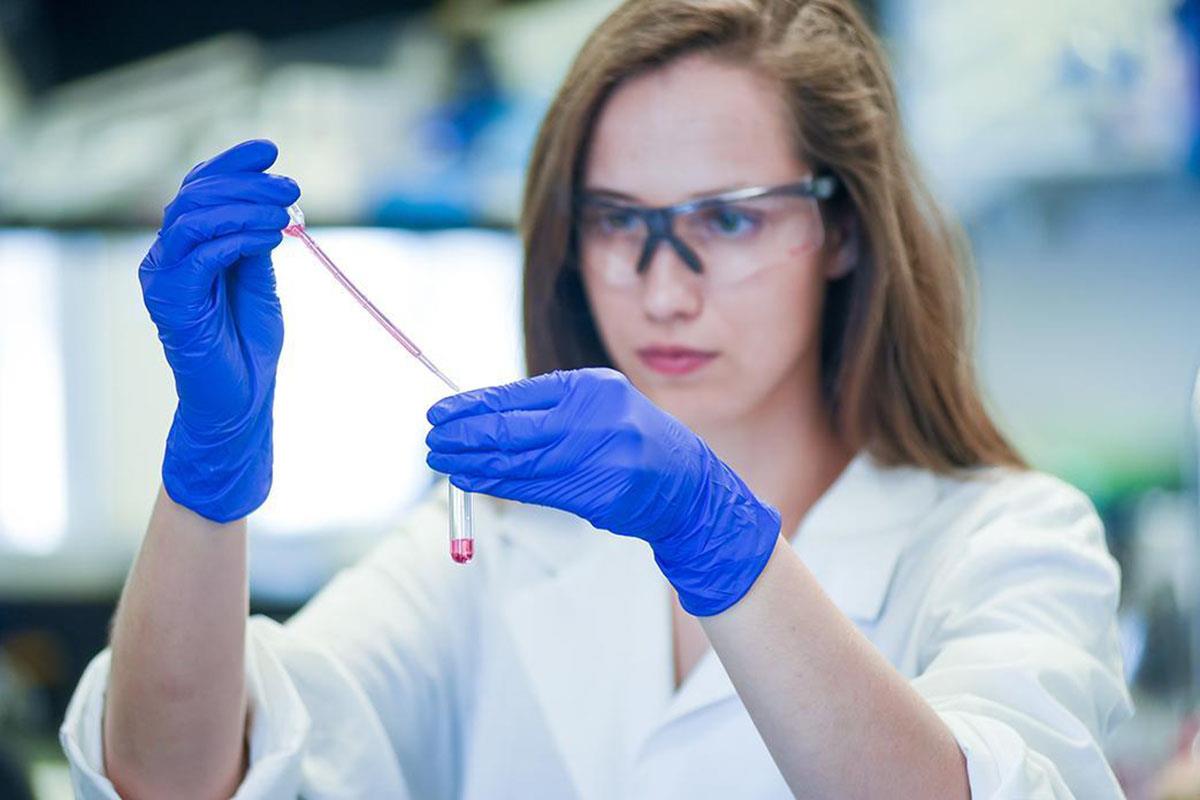Morant: "In the last six years, the Government has allocated nearly 840 million euros to cancer research projects"
News - 2024.9.24
 A researcher working in a laboratory
A researcher working in a laboratory
Diana Morant announced that "the Government of Spain has allocated 839.2 million euros since 2018 to research and innovation projects against cancer because it is the great hope against this disease".
"The Government of Spain is making an unprecedented commitment to improving people's health through science, supporting new advances in the prevention, detection, early diagnosis and treatment of this disease", said Morant.
The Ministry of Science, Innovation and Universities (MICIU) is earmarking this investment through its three main R&D funding bodies: the Carlos III Institute for Heath (ISCIII), the State Research Agency (AEI) and the Centre for Technological Development and Innovation (CDTI). This amount is in addition to the regular funding for public research organisations and their researchers.
Carlos III Institute of Health (ISCIII)
Of the total investment, the ISCIII has earmarked 391 million euros since 2018 for cancer projects through calls and programmes such as the Strategic Health Action (AES), the main biomedical and healthcare funding tool in Spain.
ISCIII funding for cancer research projects has grown by 50% between 2018 and 2023, thanks to the boost of the Cutting-edge Health Strategic Project for Economic Recovery and Transformation (PERTE).
In addition, the ISCIII promotes research specifically aimed at this field through organisations such as the Spanish National Cancer Research Centre (CNIO) and the Centre for Biomedical Research in Cancer Network (CIBERONC).
State Research Agency (AEI)
For its part, the AEI funded over 310.2 million euros to more than 1,100 projects between 2018 and 2023. One of them, led by researchers from the Catalan Institution for Research and Advanced Studies (ICREA) and the Centre for Mathematics Research (CRM), uses advanced mathematical techniques to quantify the heterogeneity of cancer cells, identify the mechanisms by which these cells acquire resistance to conventional therapies, and develop novel approaches to combination therapy.
Centre for Technological Development and Innovation (CDTI)
In addition, over the last six years, the CDTI has allocated 138 million euros to promote innovation in the field of cancer. One of the innovative projects funded, led by Palobiofarma, aims to deepen preclinical research into three new targeted therapies that act on cancer through different molecular mechanisms that activate the immune system.
National Research Council (CSIC)
In addition, the National Research Council (CSIC), part of the MICIU, is developing 109 projects against cancer, with funding of 24.6 million euros from national and regional calls for proposals. Of these, 97 are financed by the MICIU with around 22.5 million euros.
In addition, 2021 saw the founding of the Cancer Connection, a scientific-technical collaboration network that acts as a platform to establish collaborations between research groups and with other essential agents for tackling this disease, such as patient associations, scientific societies, national and international companies, hospitals and other public bodies.
Cancer Connection is currently made up of 565 researchers from more than 90 research groups, belonging to 20 centres distributed throughout the country.
Non official translation




